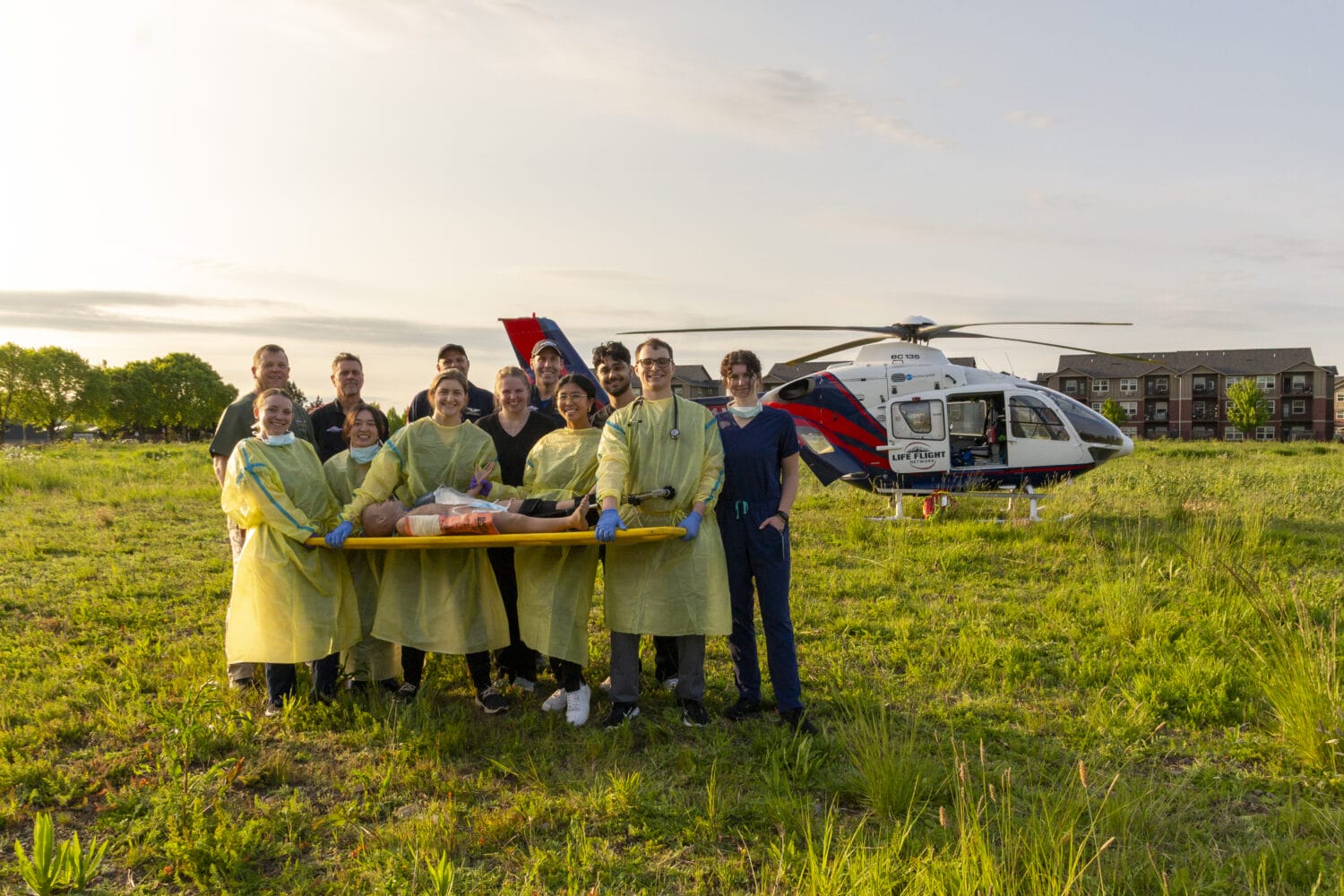WesternU hosts Pomona's Promise Health Summit
Community leaders, health care leaders, business owners and residents gathered at Western University of Health Sciences to talk about building a healthier Pomona.
Pomona’s Promise Health Summit #2, held Jan. 21, 2015, focused on improving the health and well-being of the Pomona community. Pomona’s Promise builds off of Pomona’s Youth and Family Master Plan, a community-authored document that focuses on specific action steps, accountability and successful outcomes to better Pomona.
Pomona’s Promise focuses on safe neighborhoods, strong families and a healthy quality of life. The previous summit in February 2014 had the theme, “”Stopping Violence, Stimulating Success.””
Pomona’s Promise has a five-part Common Agenda: health, education, public safety, economic development and community engagement. WesternU was invited to serve as a convener for the health sessions. This summit is part of phase I of the Pomona’s Promise action plan to engage residents and key stakeholders and establish ideas and dialogue.
Keynote speaker Billie Weiss, MPH, is Associate Director for Outreach and Communications for the Southern California Injury Prevention Research Center at the UCLA School of Public Health. She talked about the impact of violence on families and communities and potential methods of intervention and prevention.
More than 1.6 million people worldwide lose their lives to violence, Weiss said. But we must also examine the impact of violence on the rest of the community, whether community members are injured or not. Just as soldiers returning from war sometimes suffer from Posttraumatic Stress Disorder (PTSD), so do children exposed to violence, she said.
“”In many communities, our kids have PTSD at levels much higher than those people coming back from service,”” Weiss said. “”Research has shown when a child is exposed to violence, or witnesses it or is a victim, they have changes in their brain. Just being exposed changes the structure of the brain.””
Some people see violence as “”someone else’s problem.””
“”But it costs a lot of money. It impacts our health care system, our real estate values, and whether or not our businesses do well,”” Weiss said. “”It impacts everything.””
Suppression is not enough. After 25 years of a multi-billion dollar war on gangs and at least 450,000 youth arrested in the last 10 years, there are six times as many gangs and twice as many gang members today, Weiss said.
But violence is not inevitable, and is not a natural part of the human condition, she said. Education is critically important to this idea. Children who attend preschool are more likely to stay in school and graduate from high school, Weiss said. Children who witness violence in their homes are more likely to be perpetrators or victims of violence later on in their lives.
“”We wish every child born in this country could have two competent parents. Wouldn’t that just be perfect?”” Weiss said. “”It doesn’t look like it’s going to happen any time soon, so what we have to do is create around those kids a nurturing environment that a competent family could give them.””
One successful program that is similar to Pomona’s Promise is the Harlem Children’s Zone, Weiss said.
“”They have a ‘baby college’ where moms learn how to take care of children,”” she said. “”They have job training at the school site, they have mental health services, health clinics and playgrounds. They built a community for children and families that is nurturing. There’s some place to go if you have an issue. It’s a really amazing program.””



